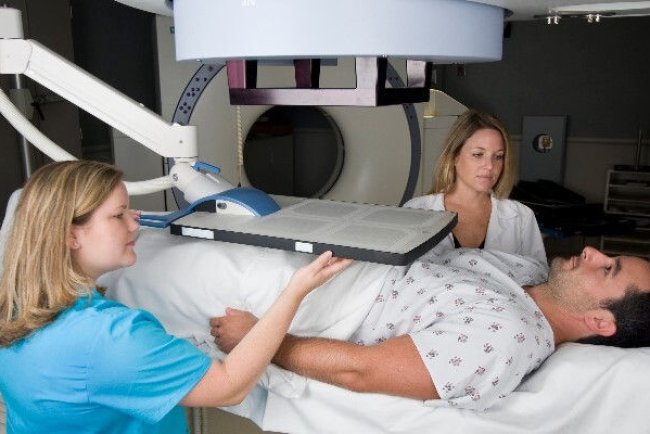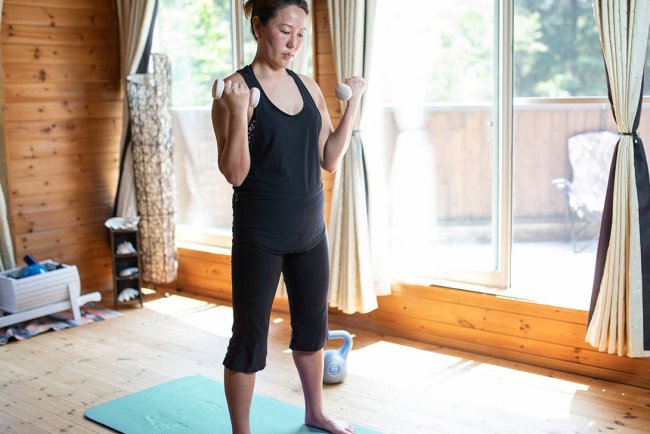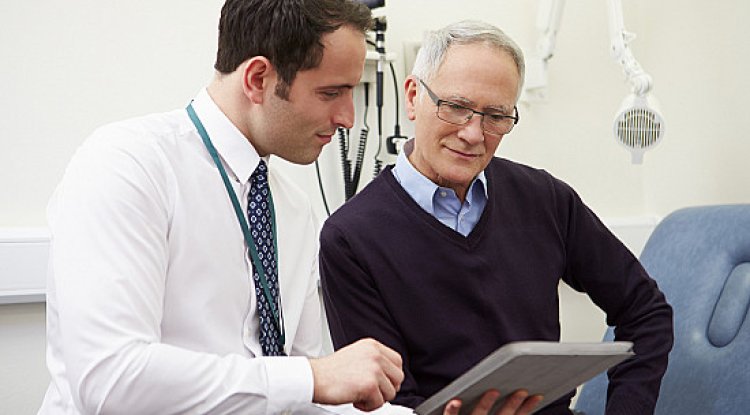Active Mind, Healthy Body: Why Exercise Remains the Best Medicine You’ll Ever Take
The chill of winter is loosening its grip, and spring bright, green, full of second chances is stretching awake. If you’re still clinging to a half-kept New Year’s resolution, this might be your cue to dust off your running shoes and begin again.

Exercise has always carried a reputation for toning muscles and trimming waistlines, but that’s the least of its powers. Move your body regularly and, piece by piece, it starts tuning everything inside you: your heart beats stronger, your mind clears, your mood steadies, and even your genes yes, the invisible script of your biology begins to hum differently.
Scientists recently discovered that vigorous exercise can influence the activity of roughly 400 genes related to mitochondria, those tiny energy factories within your cells. In plain English, it helps the body produce and use energy more efficiently. When your mitochondria thrive, so do you.
So when doctors call exercise “medicine,” it isn’t a metaphor. It’s biology in motion. Physical activity helps prevent or ease depression, diabetes, arthritis, heart disease and almost every condition that quietly chips away at vitality.
Exercise, Prescribed Like a Pill
My partner and I are both physicians, one neurologist, one psychiatrist and we’ve been preaching movement for decades, not just from textbooks but from our own sweat. In our clinics, we prescribe exercise with the same precision we apply to medications: clear directions, realistic “doses,” and follow-up built in.
Telling someone to “get some exercise” rarely works. People need a plan. How long? How hard is it? What kind? We walk through everything from the right treadmill settings to safe lifting form. Patients often tell us it’s the first time exercise has felt possible, not overwhelming.
Just like adjusting medication, an exercise routine should evolve. What works at 40 might not fit at 60. Goals shift, bodies adapt, and sometimes motivation sputters. That’s when the doctor–patient partnership matters most. When they see us jogging after work or swapping stories about sore muscles, the conversation feels real. The message isn’t “be perfect,” it’s “keep going.”
How to Fit Exercise Into a Life That’s Already Full

Time is the enemy of every good intention. We’ve both lived through days when work, family, and exhaustion pile up and exercise becomes the first thing to go. Over time, we’ve found a few habits that keep us honest:
Put it on your calendar. Treat your workouts like any other appointment. Once it’s written down, it becomes a promise.
Vary your routine. Alternate cardio, weights, stretching, or outdoor activity. Mixing it up keeps muscles engaged and boredom at bay.
Short on time? Go hard. Even 10-minute high-intensity bursts can spark measurable benefits. Science says so, and experience agrees.
Track your heart rate. A basic fitness watch can help you find that sweet spot of enough effort to grow stronger without overdoing it.
Try something unexpected. Rowing, swimming, dancing, or hiking if it makes you move, it counts. Movement is joy disguised as effort.
Get a buddy. It’s harder to bail on a plan when someone’s waiting for you at the trailhead.
See a trainer once. One good session can set your form, goals, and motivation on the right path.
Write it down. Even simple notes “ran 15 minutes,” “felt great afterward” built accountability and pride.
Check with your doctor. Especially if you’re new to exercise or managing a condition. Safety first.
And remember this little spark of motivation: regular exercise can lower your risk of cognitive decline. If that thought doesn’t get you off the couch, imagine your future self thanking you for it.
Where Body Meets Mind
Exercise does more than tone muscles. It rewires how you feel. The steady rhythm of running, the quiet concentration of lifting, or the meditative stillness after yoga each of these moments pulls stress out of the body and replaces it with calm focus.
For those fighting anxiety or depression, physical activity can be as potent as medication. It nudges the brain to release endorphins, dopamine, and serotonin, the trio responsible for peace, energy, and joy. Move your body with intention, and your thoughts often follow.
The Takeaway
If someone bottled the benefits of exercise into a pill, better sleep, sharper memory, stronger bones, steadier moods it would become the most prescribed drug in history. Fortunately, you don’t need a pharmacy. You just need your own determination, a pair of shoes, and a bit of time carved out for yourself.
So, as the light lingers a little longer and the air softens with spring, take it as an invitation. Move. Stretch. Breathe. Your body will answer back with gratitude in the form of strength, clarity, and balance.
Health, after all, isn’t perfection, it's participation.
See you on the trail
What's Your Reaction?




















